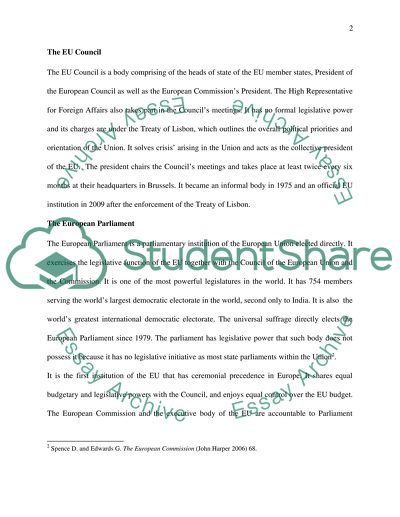Cite this document
(“Development of the EU Commission Essay Example | Topics and Well Written Essays - 1750 words”, n.d.)
Retrieved from https://studentshare.org/law/1442632-explain-the-development-powers-and-the-main
Retrieved from https://studentshare.org/law/1442632-explain-the-development-powers-and-the-main
(Development of the EU Commission Essay Example | Topics and Well Written Essays - 1750 Words)
https://studentshare.org/law/1442632-explain-the-development-powers-and-the-main.
https://studentshare.org/law/1442632-explain-the-development-powers-and-the-main.
“Development of the EU Commission Essay Example | Topics and Well Written Essays - 1750 Words”, n.d. https://studentshare.org/law/1442632-explain-the-development-powers-and-the-main.


